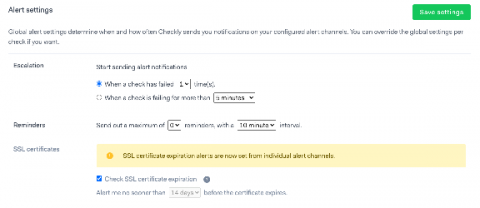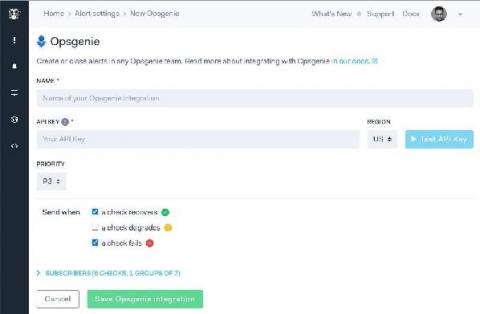Cypress vs Selenium vs Playwright vs Puppeteer speed comparison
Our recent speed comparison of major headless browser automation tools, namely Puppeteer, Playwright and WebDriverIO with DevTools and Selenium, received a very positive response. The single most common ask from our readers was that we follow up by including Cypress in our benchmark. In this article, we are doing just that - with some precautions.











